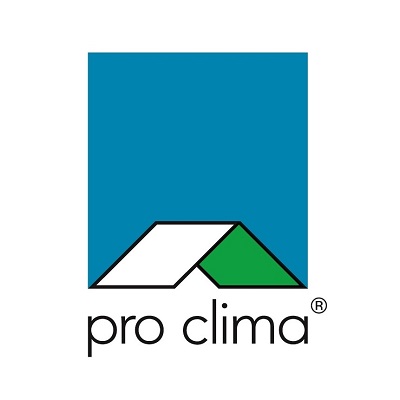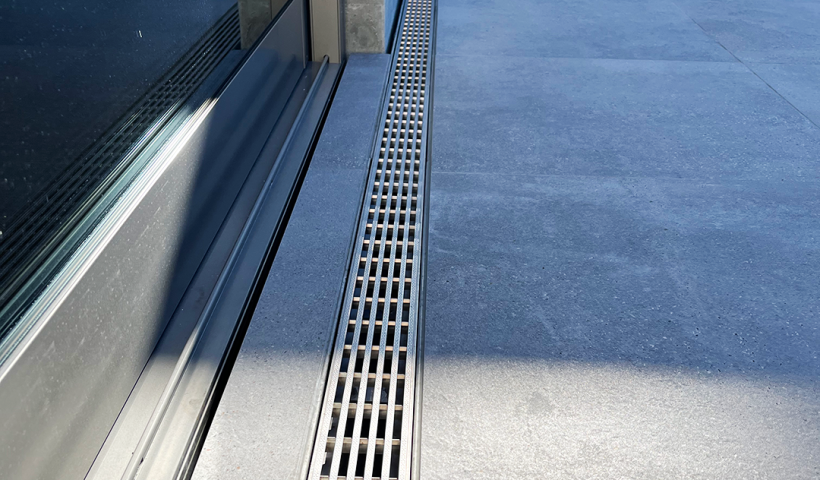
As a world-wide manufacturer and supplier of Polymer Concrete products, the ACO Group have 35 production facilities in 18 countries, ensuring transport routes are kept short for each ACO distribution company globally. This offers great opportunities for expedient supply and at the same time contributes to ACO’s commitment to environmentally responsible behaviour.
At ACO they are ‘creating the future of drainage’ — which includes the responsible use of resources while facing current and future environmental problems that become more relevant every day.
While ACO not only want to be the solution for drainage here and now, they also can see that with frequently occurring heavy-rainfall events, steps must be taken to tackle the situation at the roots and they must positively contribute by moving to mitigate these events through conscious environmental management either operationally or through greater innovation.
An ever increasing need for chemical resistant products such as ACO's Polymer Concrete channels and pits has ‘dove-tailed’ with ever increasing transport emissions. As there is no Polymer Concrete production at all in New Zealand, ACO source their products from the nearest possible supplier: ACO Australia. By choosing the nearest neighbour as their primary producer of Polymer Concrete, they can keep their transport emissions to a minimum and do their bit to reduce New Zealand’s drainage product supply carbon footprint.
In terms of logistics, ACO work as efficiently as possible with full container loads, maximising packing efficiencies while addressing all NZ biosecurity risks. Therefore ensuring space in containers is utilised both economically and ecologically.
Arriving at the ports of Auckland, it is only a stone’s throw away for the goods to reach the ACO NZ office and warehouse located in Auckland. Once arrived, innovative recycling efforts by the team continue to explore new ecologically sound ways to supply these globally engineered products to the NZ construction market.
There is also a lot more to ACO's Polymer Concrete Products. They are durable and chemical resistant; meaning once installed the product lasts a very long time without the fear that the chemicals they capture and convey end up contaminating the ground water due to failure or weathering. These characteristics make Polymer Concrete a sustainable product especially compared to other products with a shorter installed life. These products are then required to be replaced more frequently, creating further costs and negative environmental impacts.
An unusual and wonderful example of environmental innovation with Polymer Concrete is the ACO Climate Tunnel from the ACO Wildlife product family. It includes amphibian tunnels and drift fencing systems. These products protect amphibians and small animals crossing roads that are close to water or in areas prone to high groundwater levels. The tunnels provide a safe passage to cross underneath the road, ensuring safety for the animals and road users.
Studies have shown that the natural characteristics of Polymer Concrete perfectly suit this application. Its durability guarantees a long product life and for the animals, the smooth moist surface matches their natural habitat and creates a seamless environment for the animals to easily accept.
ACO Climate Tunnels were initially produced and installed back in 1987 by ACO UK and 1989 by ACO USA. Afterwards, installations all around the world followed. The little creatures play an important role in their environment contributing in small ways to the greater world’s ecosystem. By protecting them, ACO is helping to keep the ecological balance intact.
In the future, NZ will need to compensate the arising transport volume by conscious ecological production. Choosing the right choice of material and efficient transport logistics so carbon emissions can be reduced fundamentally, resulting in a cleaner environment. We — and all the creatures we share the world with can benefit from.
Sources:
ACO Wildlife
ACO Climate Tunnel











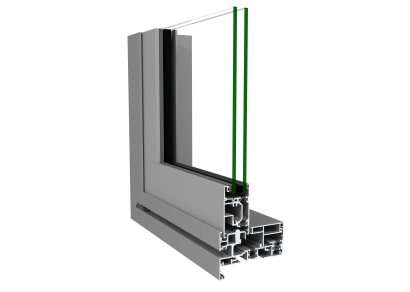
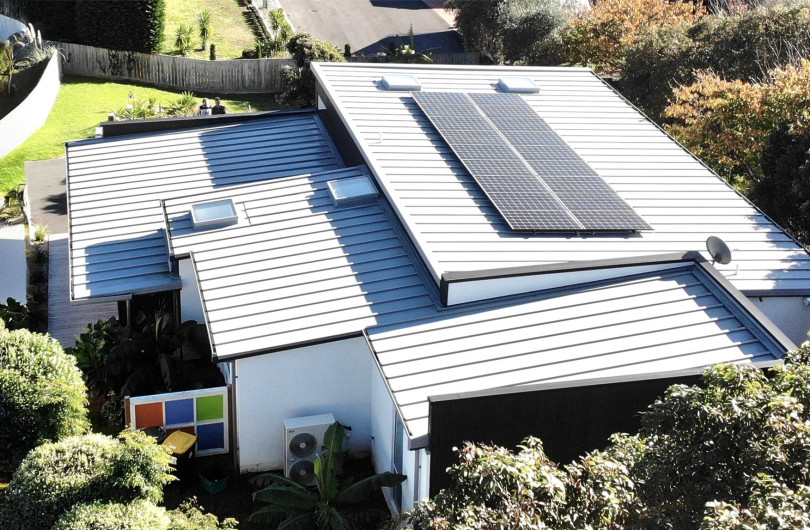
 New Products
New Products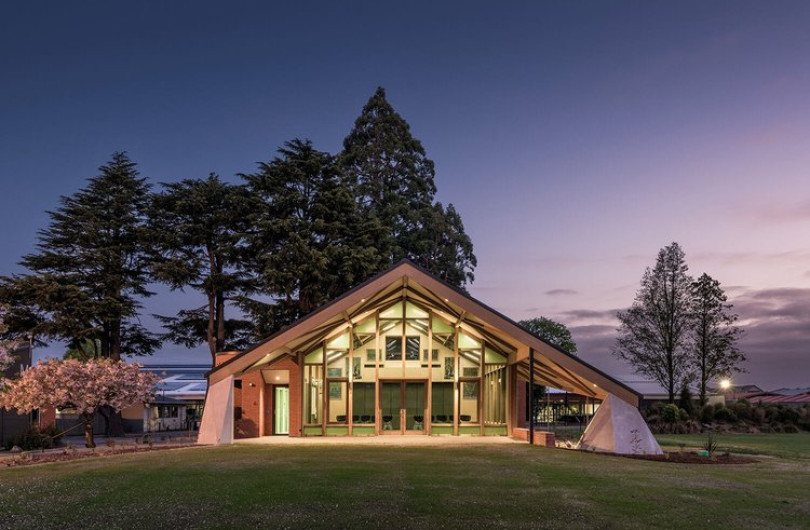


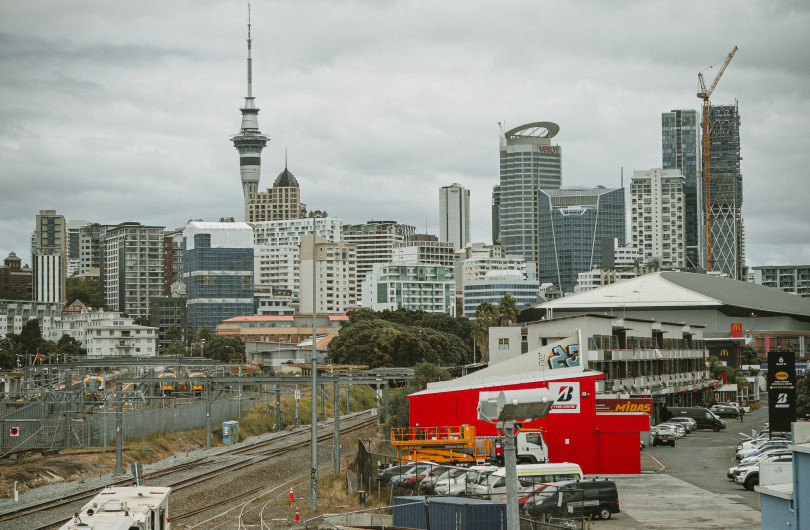

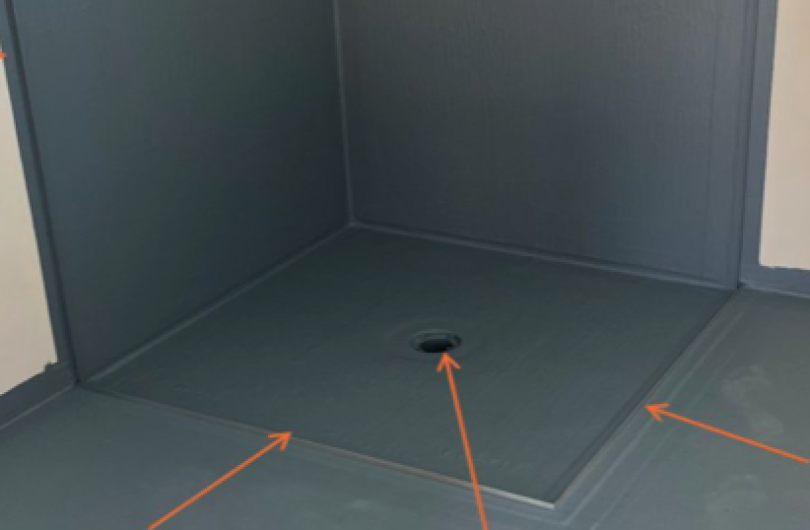




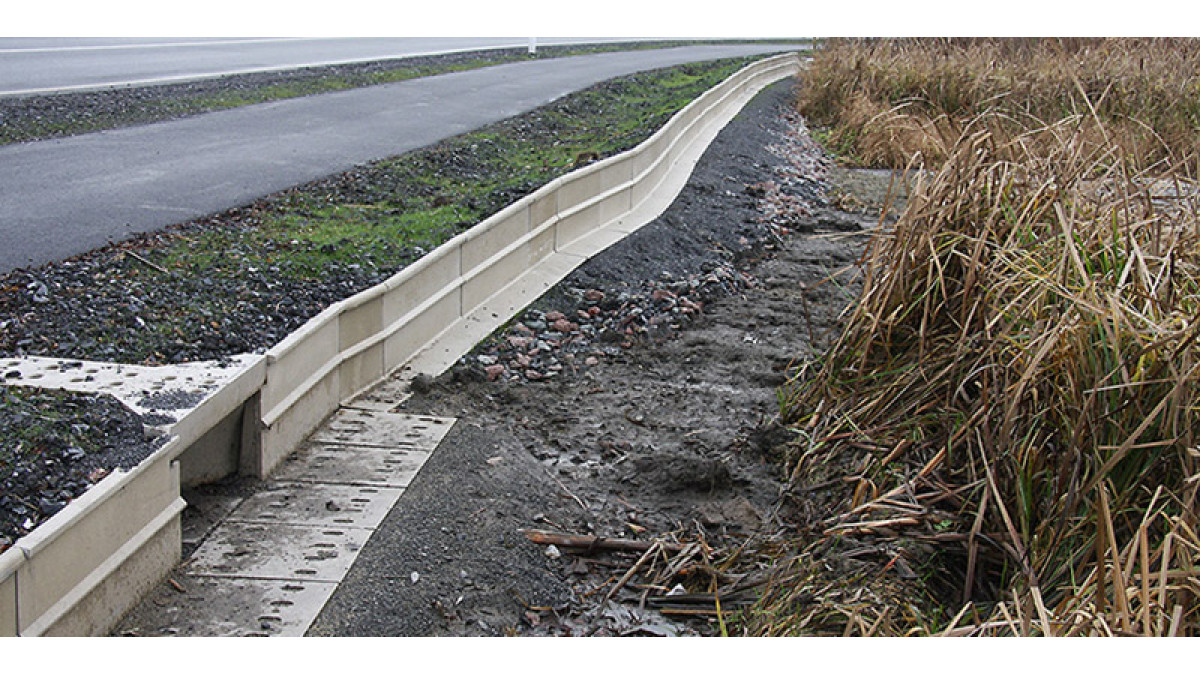
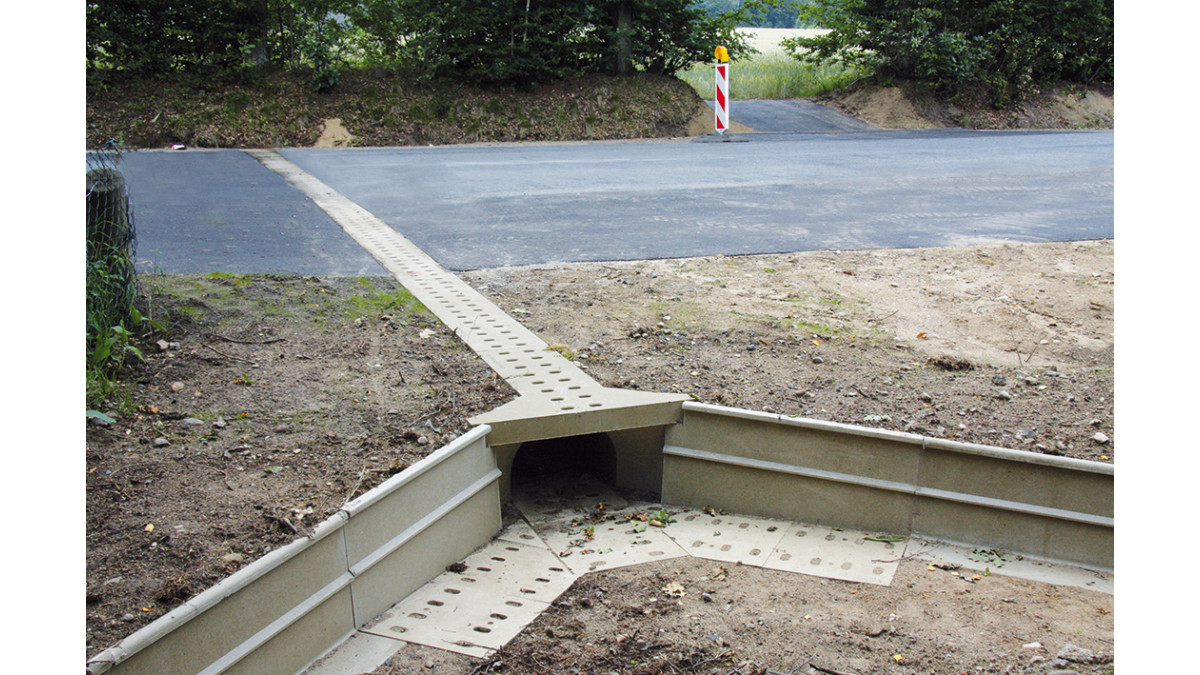
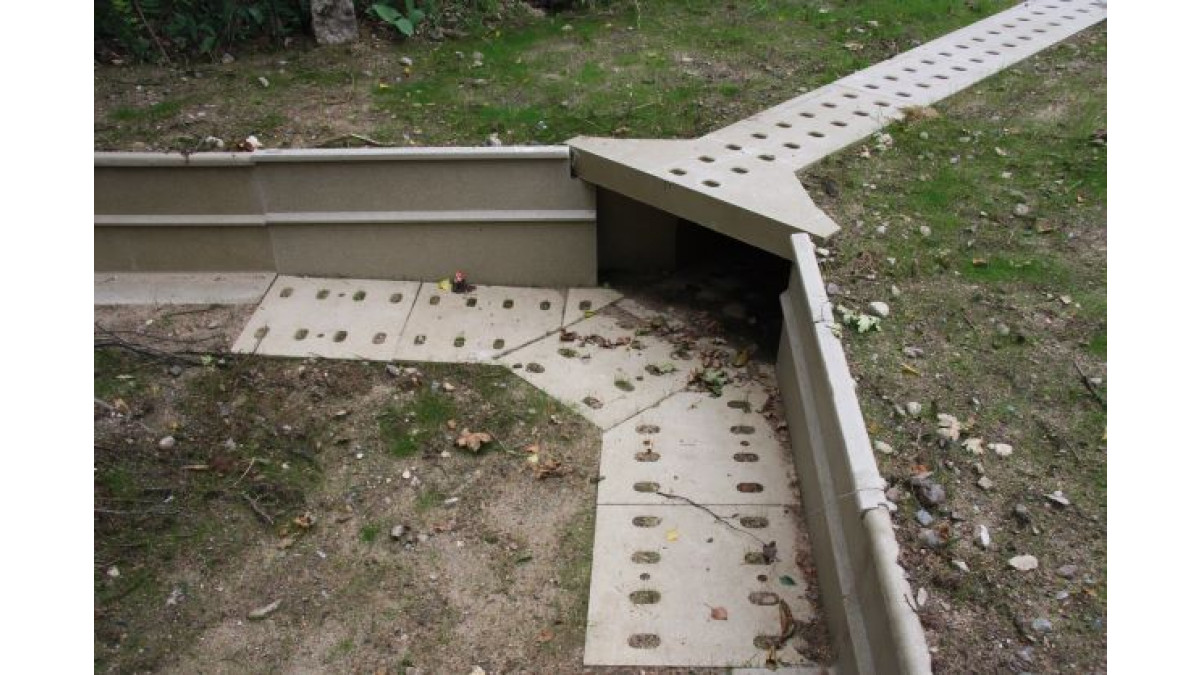


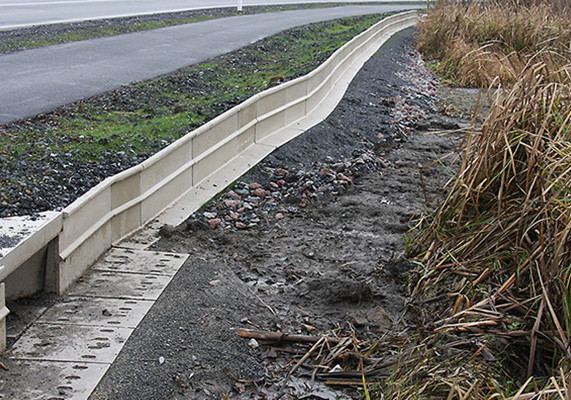

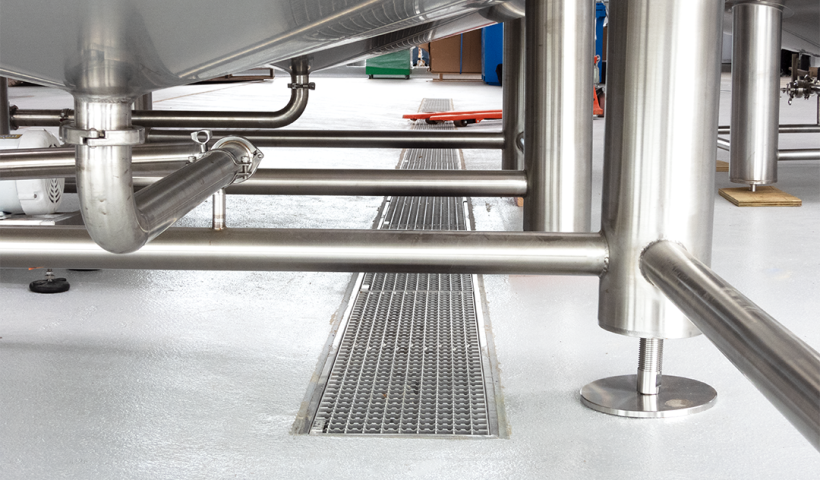
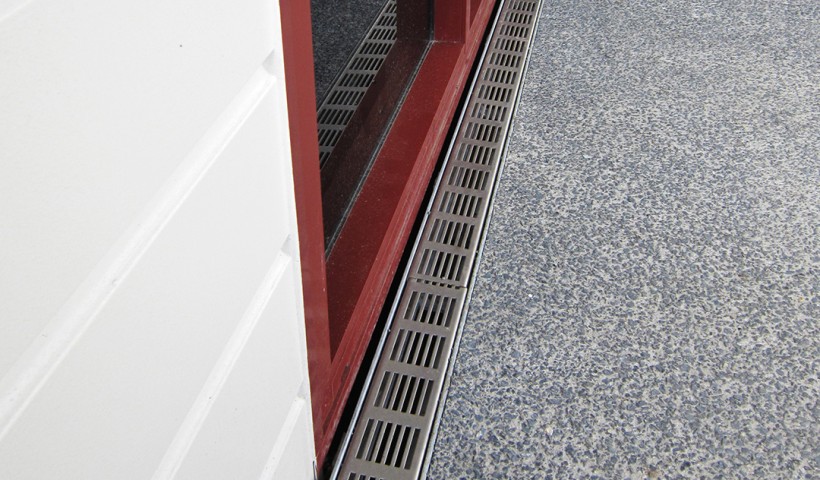
 Popular Products from ACO NZ
Popular Products from ACO NZ

 Most Popular
Most Popular


 Popular Blog Posts
Popular Blog Posts